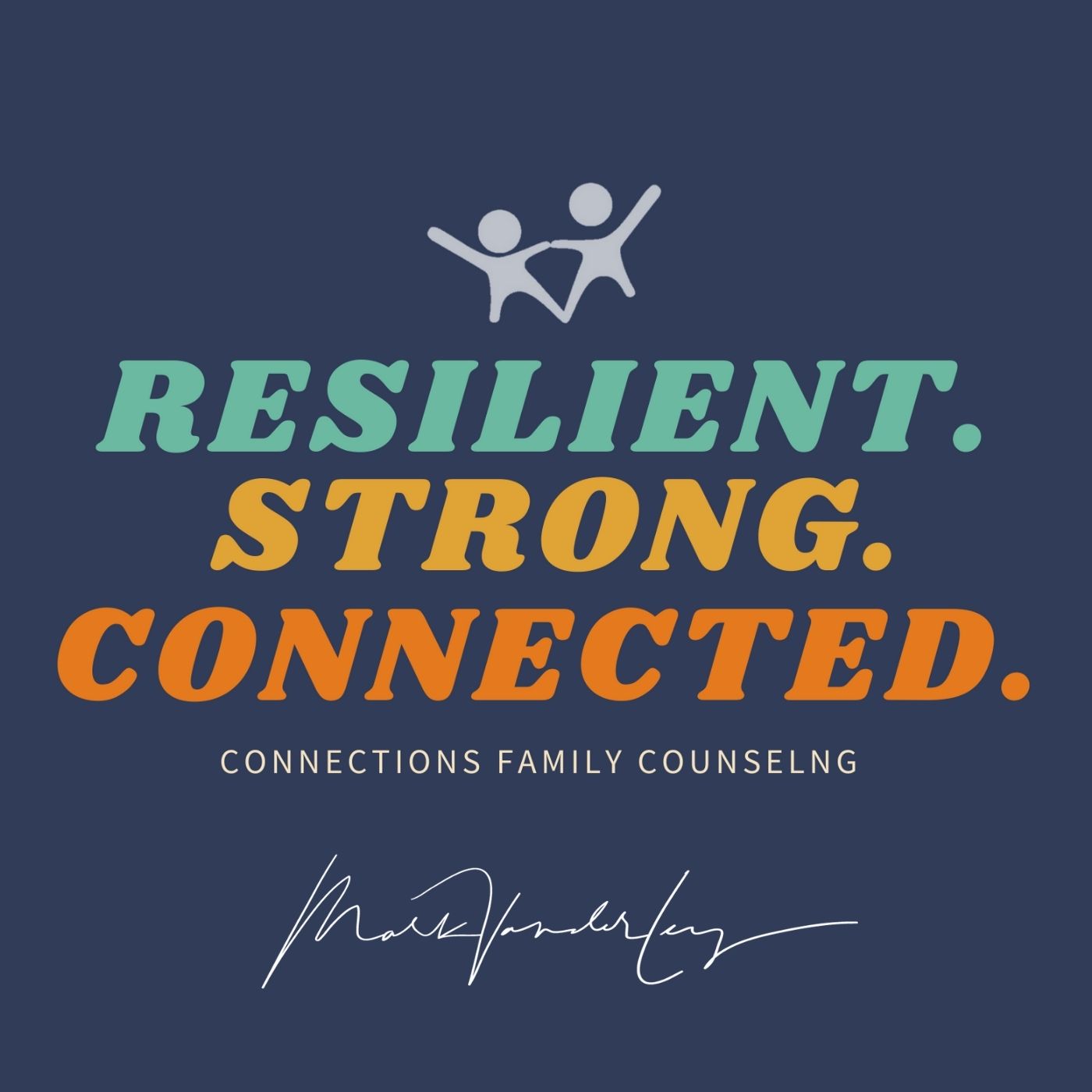Episodes

Sunday Feb 17, 2019
The Connected Family Podcast Ep. 007 Understanding Teen Depression
Sunday Feb 17, 2019
Sunday Feb 17, 2019
The DSM-V defines depression as:
“The presence of sad, empty, or irritable mood, accompanied by somatic, and cognitive changes that significantly affect the individual’s capacity to function”
More specifically the DSM lists the criteria for a Major depressive episode as
5 or more of the following symptoms when they occur during the same 2-week period and at least one of the symptoms is depressed mood or loss of interest or pleasure.
- Depressed mood most of the day, nearly every day
- Diminished interest or pleasure in all or almost all activities
- Significant weight loss or gain when not dieting, or change in appetite
- Insomnia or hypersomnia nearly everyday
- Movement agitation or slowing
- Fatigue or loss of energy
- Feelings of worthlessness or excessive guilt
- Diminished ability to think or concentrate
- Recurrent thoughts of death
If your teen exhibits some of these symptoms, what are you to do?
Pay attention to thoughts:
Depression is primarily about mood, but our thoughts can have a significant impact on the way we feel. So, helping your teen to label and verbalize his/her thoughts can be very helpful. Sometimes teenagers get stuck in a cycle of negative thinking and are not aware of the pattern. Verbalizing these thoughts helps your teen to become more aware of them and how they are impacting feelings. Talk with your teen about their thoughts and ask them to decide if they are unhelpful. If the thoughts are unhelpful brainstorm new, more helpful thoughts that can replace the negative cycle. Through practice they will begin to recognize and understand how thoughts impact mood. Go HERE to read more about ways to get your teen talking.
Pay attention to Feelings:
Some teens have a hard time expressing what they feel. They are really good at bottling their feelings inside. Unfortunately, for most teens bottled up feelings lead towards explosions of anger or periods of depression. So, helping your teen to express their feelings (no matter how difficult) is a great way to improve mood. You can do this by empathizing with their emotions. Empathy is a three-step process:
- Listen carefully to what your teen is saying
- Go inside yourself and ask, “what would I be feeling right now”
- Express your empathy through a statement such as
You feel ______________because _______________.
Empathizing with your teen’s feelings helps them to be more aware, and makes you a safe place for emotional discussion.
Seek Professional Help:
Sometimes, all of our best efforts do not have the impact we hope for and it is necessary to seek professional help. Reaching out to your primary medical provider is a good place to start. Most practitioners can provide an initial screening for depression and suggest trusted resources for mental health services. Professional Counselors (LCPC) are specifically trained and licensed by their respective states to provide treatment for depression. It can be unsettling but a professional counselor can accurately diagnose the problem and provide individualized treatment to meet the needs or your teen. The best counselors create a strong sense of safety for their clients. They develop specific goals and openly discuss treatment strategies.
Helping your teen with depression may seem difficult. Start by paying attention to their thoughts and feelings. If your teen does not improve or things get worse, talk to your primary medical provider or a professional counselor. They will walk with you on the journey to healing.
To learn more about my approach to individual counseling go HERE
To learn more about how I use EMDR to treat depression go HERE
If your teen is depressed call me at 217-231-1413 to get help.
References:
American Psychiatric Association. (2013). Diagnostic and statistical manual of mental disorders (5th ed.).


No comments yet. Be the first to say something!